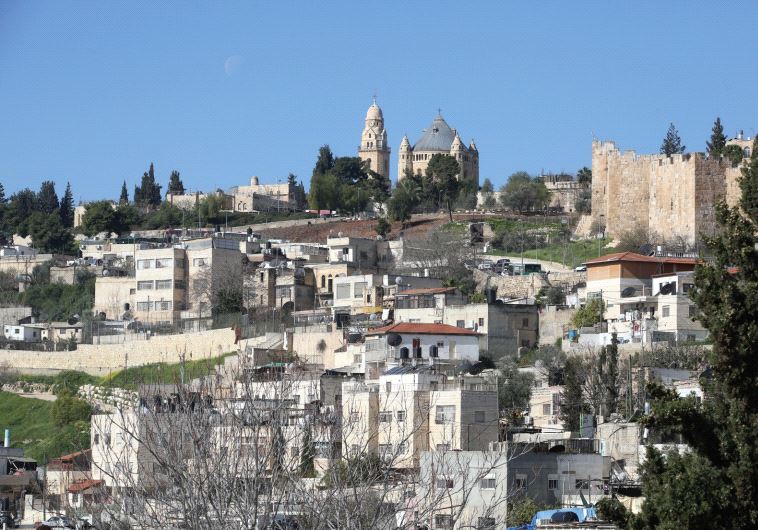Right-wing NGO denies working to evict Palestinians from Silwan
Ateret Cohanim: There is "no force or coercion used in any circumstance – only free sale, free will and financial payments."
 Homes in the eastern Jerusalem neighborhood of Silwan, pictured above(photo credit: MARC ISRAEL SELLEM)
Homes in the eastern Jerusalem neighborhood of Silwan, pictured above(photo credit: MARC ISRAEL SELLEM)